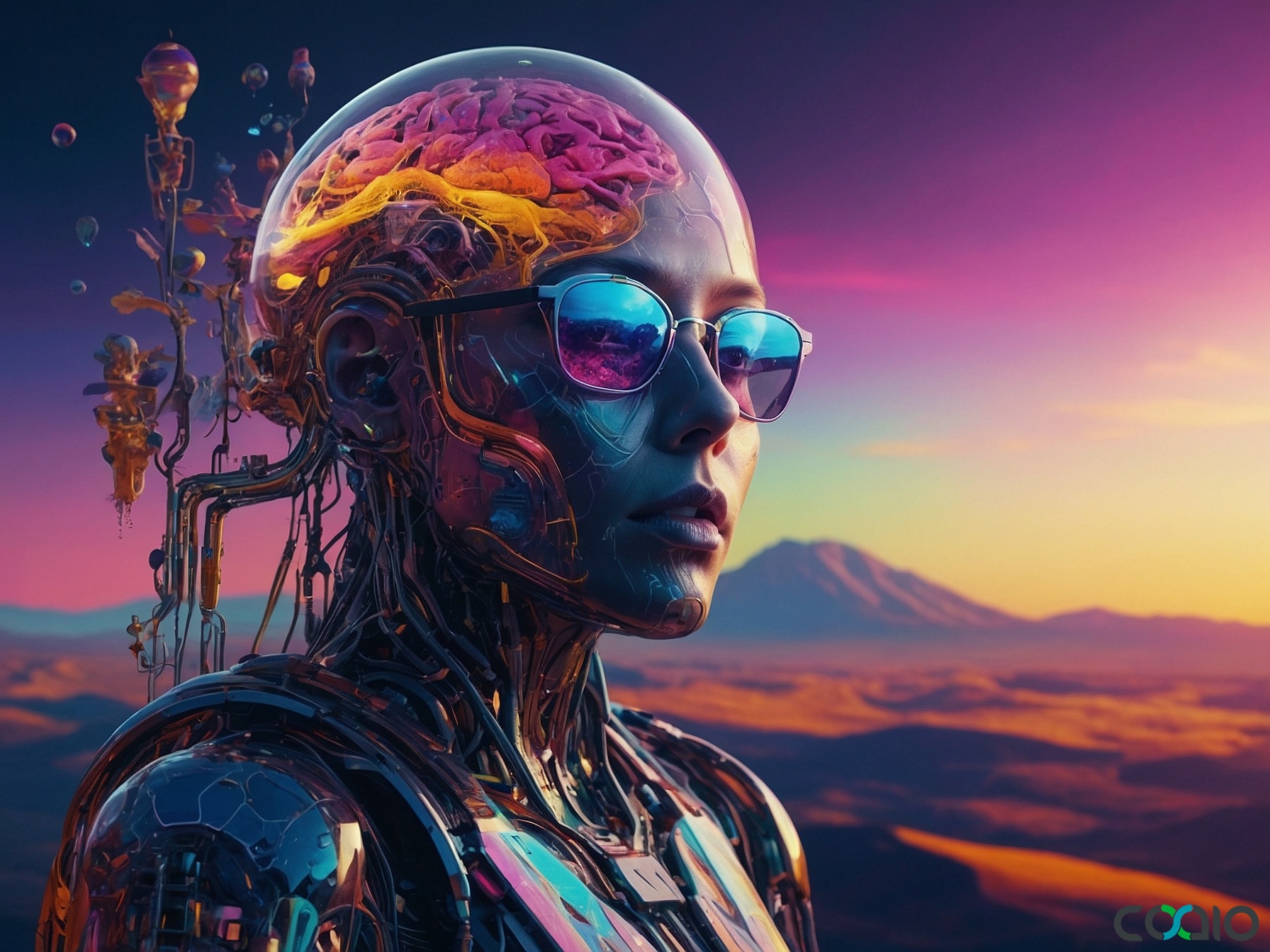
Exploring the Latest Software Development Shifts: From Space Ventures to Regulatory Hurdles
As of August 21, 2025, the tech landscape is buzzing with innovations and challenges that directly influence software development. From the frontiers of space exploration to regulatory crackdowns in gaming, developers are navigating a dynamic environment where adaptability is key. This article dives into the most recent headlines, examining how these developments are reshaping the industry and highlighting opportunities for efficiency and growth.
The Rise of Software in the Space Economy
The space sector is no longer just about launching rockets; it’s becoming a hotbed for advanced software solutions. According to a recent TechCrunch report, the upcoming TechCrunch Disrupt 2025 event in San Francisco will spotlight the evolution of the space economy, featuring experts like Even Rogers and Max Haot. They’re discussing how infrastructure, autonomy, and new models for off-Earth assets are driving innovation. Read more about this shift.
This expansion means software developers are at the forefront, creating autonomous systems for satellite management, AI-driven navigation, and secure data networks in harsh environments. For instance, building software for space infrastructure requires robust coding for real-time decision-making and resilience against cosmic challenges. This trend underscores the need for specialized development teams that can handle complex projects efficiently, ensuring that ideas in space tech don’t fizzle out due to technical bottlenecks.
In parallel, the automotive and energy sectors are seeing similar demands for high-performance software. Take the recent funding news from Group14, a battery materials startup that raised $463 million in Series D funding from investors like SK and Porsche. This capital is earmarked for expanding manufacturing capabilities for silicon anodes in electric vehicles (EVs), which rely heavily on software for battery management systems, optimization algorithms, and integration with vehicle software. Details on the funding can be found here.
Software developers are thus playing a pivotal role in making EVs more efficient and user-friendly. From coding the algorithms that predict battery life to developing interfaces for seamless user experiences, this intersection of hardware and software innovation is accelerating. It’s a reminder that in fast-paced industries like EVs and space, timely and cost-effective software development can make or break a project’s success.
Challenges in Supply Chain Software Amid Climate Risks
On a more grounded note, software development is crucial for addressing vulnerabilities in global supply chains, as highlighted by a recent Ars Technica article. The report reveals that over 60 percent of U.S. drug manufacturing facilities are located in areas prone to weather disasters, exacerbating risks of drug shortages due to climate change. Explore the full story.
This vulnerability calls for advanced software solutions in supply chain management. Developers are now focusing on creating predictive analytics tools, AI-powered risk assessment systems, and resilient logistics platforms that can forecast disasters and reroute resources in real time. For example, software that integrates climate data with inventory management could prevent disruptions, ensuring that critical supplies like pharmaceuticals remain available. This not only involves backend development for data processing but also user-friendly interfaces for stakeholders to monitor and respond to risks swiftly.
The implications for software developers are profound. As climate-related events become more frequent, there’s a growing demand for scalable, adaptable systems. This could involve collaborating on projects that use machine learning to analyze vast datasets, helping companies build more robust infrastructures. It’s a sector where innovative software can directly mitigate real-world problems, turning potential crises into opportunities for technological advancement.
Reflections on Tech Events and Software Presentation
Tech events like Google’s recent Pixel launch provide valuable lessons for software developers on presentation and user engagement. A TechCrunch piece critiqued the event as awkward and forced, noting that Google undersold its impressive technology. Check out the critique.
Despite the event’s shortcomings, it showcased cutting-edge software features in Google’s ecosystem, such as enhanced AI integrations and improved app functionalities for the Pixel devices. This highlights how software development isn’t just about building features—it’s about presenting them in ways that resonate with users. Developers must focus on intuitive designs and seamless experiences to avoid alienating audiences, even if the underlying tech is revolutionary.
For the broader industry, this event serves as a case study in software marketing. Companies are learning that effective development includes not only coding but also creating software that feels accessible and exciting. As developers refine their skills in user interface (UI) and user experience (UX) design, events like these underscore the importance of balancing technical prowess with creative storytelling.
Regulatory Impacts on Software in Gaming and Beyond
Regulatory changes are another major factor influencing software development, as seen in India’s recent ban on real-money gaming. TechCrunch reported that a proposed law, which has passed the lower house of parliament, threatens a $23 billion industry by prohibiting real-money gaming nationwide. Read the full details.
This ban directly affects software developers working on gaming apps, as they must now pivot to comply with new regulations or explore alternative markets. Gaming software often involves complex backend systems for transactions, user data security, and in-app economies. With this development, developers are racing to adapt their codebases, perhaps shifting towards free-to-play models or enhancing security features to meet stricter guidelines.
The ripple effects extend beyond gaming. Software developers in adjacent fields, like fintech and e-commerce, are watching closely, as similar regulations could emerge globally. This scenario emphasizes the need for agile development practices, where teams can quickly iterate and adjust software to navigate legal landscapes. It’s a testament to how external factors can drive innovation, pushing developers to create more versatile and compliant solutions.
In summary, these news stories from August 20, 2025, illustrate the multifaceted role of software development in today’s tech world. From enabling space exploration and EV advancements to fortifying supply chains and adapting to regulations, developers are the unsung heroes shaping our future. As we wrap up, imagine a world where groundbreaking ideas in tech aren’t bogged down by the hassles of team building or resource management. Picture founders channeling their energy into innovation, knowing that their software visions can be realized smoothly and efficiently, much like how space pioneers are turning dreams into reality. This echoes a forward-thinking approach where success hinges on ideas, not obstacles, offering a streamlined path for creators to bring their projects to life with minimal fuss.
About Coaio
Coaio is a Hong Kong-based tech firm that specializes in outsourcing software development and building expert teams in Vietnam. We offer comprehensive services including business analysis, competitor research, risk identification, design, development, and project management, delivering cost-effective, high-quality software solutions tailored for startups and growing companies, especially those in the US and Hong Kong markets. By partnering with us, you can focus on your core vision while we handle the technical complexities, helping you minimize risks and maximize efficiency in your projects.
 English
English
 Français
Français
 Español
Español
 廣東話
廣東話
 中文
中文
 日本語
日本語
 한국어
한국어
 العربية
العربية
 Deutsch
Deutsch

